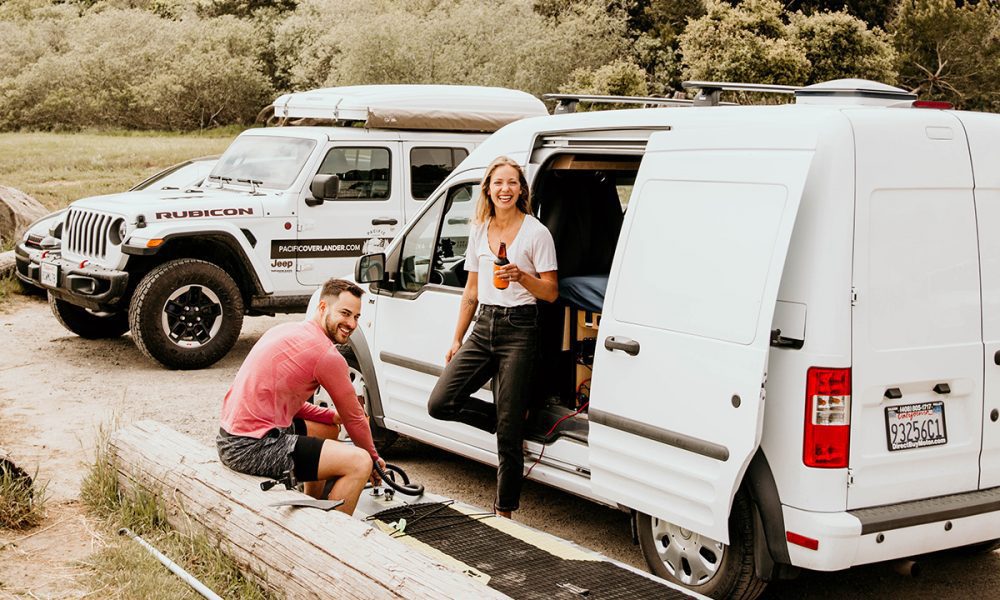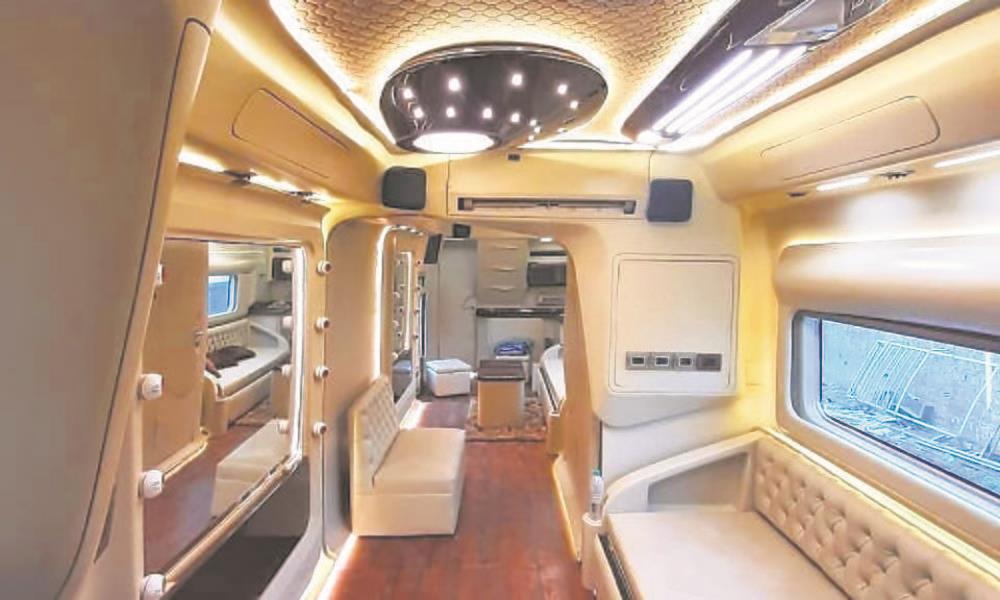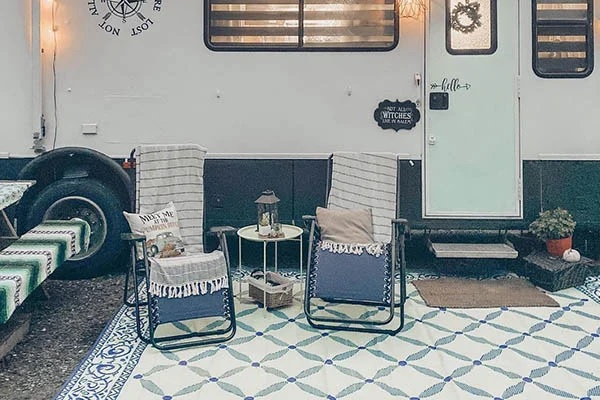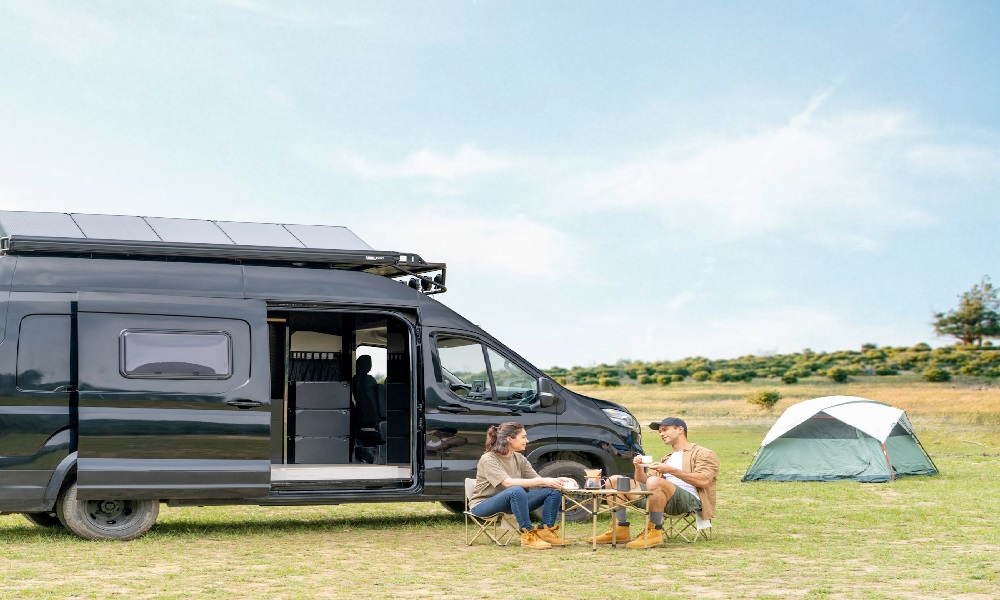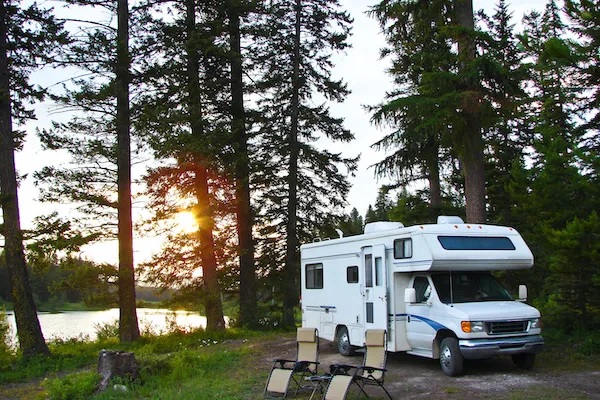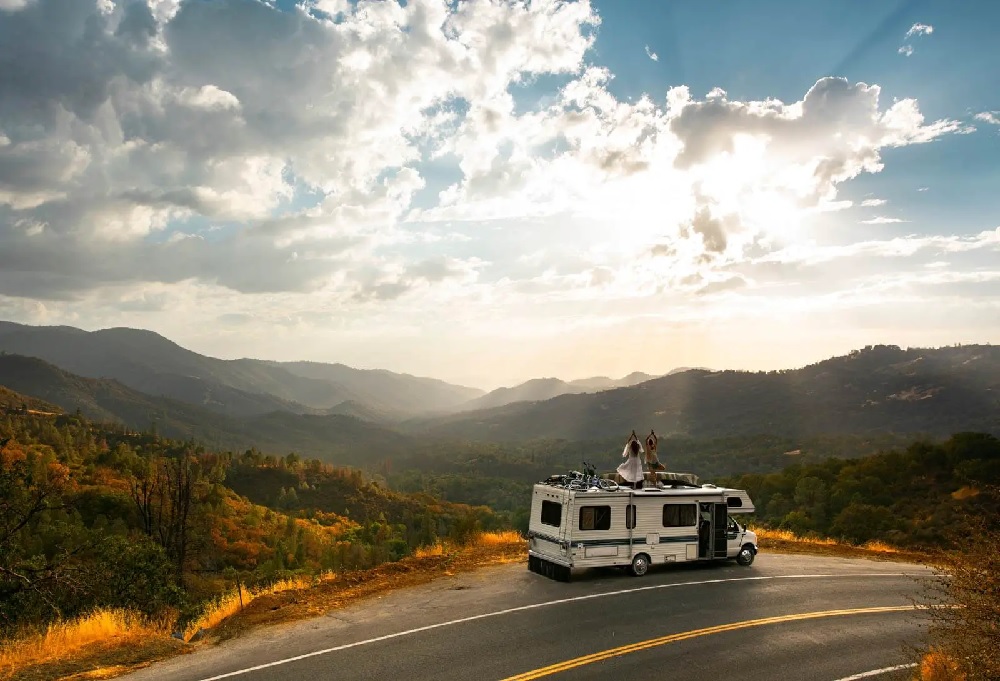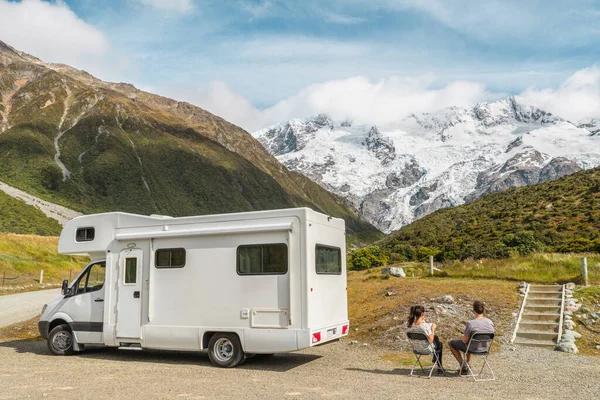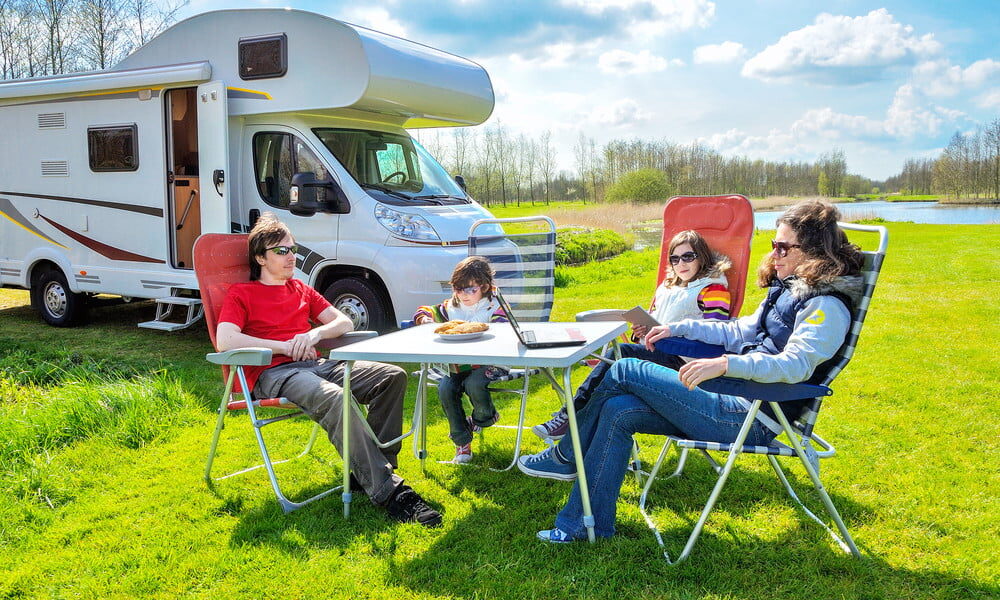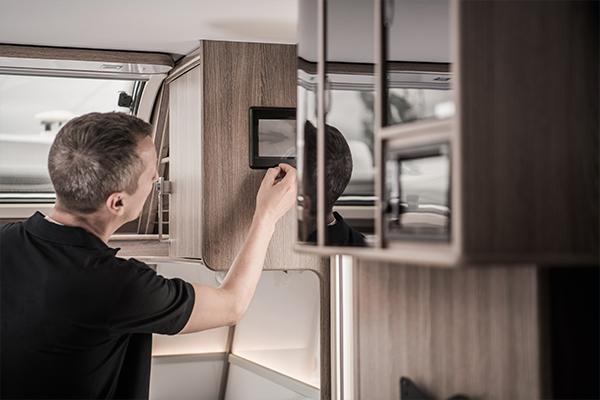Recreational Vehicles, or RVs, are typically associated with family vacations, but in recent years, they have been used for a variety of unconventional purposes. From mobile businesses to disaster relief, RVs have become a versatile tool for many different industries.
Mobile Businesses
One of the most popular unconventional uses of RVs is for mobile businesses. Entrepreneurs have turned to RVs as a way to bring their businesses to their customers. Food trucks, mobile hair salons, and even mobile boutiques are just a few examples of the types of businesses that have been successfully operated out of RVs.
The benefits of using an RV for a mobile business are numerous. RVs are easy to move from location to location, which allows business owners to follow the crowds and take advantage of different events and festivals. RVs are also self-contained, which means that business owners have everything they need to run their businesses, including electricity and water. Finally, RVs have a unique and eye-catching appearance that can help businesses stand out from the competition.
Disaster Relief
Another unconventional use of RVs is for disaster relief. In times of natural disasters, such as hurricanes, tornadoes, and earthquakes, RVs can be used as temporary housing for those who have been displaced from their homes. Government agencies and non-profit organizations have used RVs to provide shelter to those in need.
RVs are ideal for disaster relief because they are self-contained and can be quickly deployed to the affected areas. They also provide a level of comfort and privacy that is not possible with traditional tents or other temporary shelters. RVs can also be used as mobile command centers for emergency responders, providing them with a central location for coordinating relief efforts.
Other Uses
RVs have also been used for many other unconventional purposes. Some people have converted RVs into mobile studios for artists or photographers. Others have used RVs as mobile classrooms or as a way to transport animals for shows or competitions.
RVs have even been used as a way to travel the country while working remotely. With the rise of the gig economy and the ability to work from anywhere, many people have turned to RVs as a way to travel and work at the same time.
Conclusion
RVs have come a long way from their origins as a way to take family vacations. From mobile businesses to disaster relief, RVs have become a versatile tool for many different industries. As people continue to find new and creative ways to use RVs, their popularity is sure to continue to grow.

